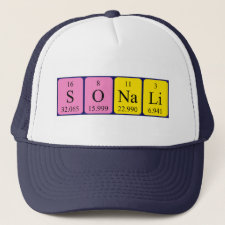
Authors: Lakshmi D, Sharma PS, Prasad BB
Article Title: Imprinted polymer-modified hanging mercury drop electrode for differential pulse cathodic stripping voltammetric analysis of creatine.
Publication date: 2007
Journal: Biosensors and Bioelectronics
Volume: 22
Issue: (12)
Page numbers: 3302-3308.
DOI: 10.1016/j.bios.2006.12.011
Alternative URL: http://www.sciencedirect.com/science/article/B6TFC-4MS9JRB-1/2/ff2cbf8ebb59c0b59e9c972db087bfab
Abstract: The molecularly imprinted polymer [poly(p-aminobenzoicacid-co-1,2-dichloroethane)] film casting was made on the surface of a hanging mercury drop electrode by drop-coating method for the selective and sensitive evaluation of creatine in water, blood serum and pharmaceutical samples. The molecular recognition of creatine by the imprinted polymer was found to be specific via non-covalent (electrostatic) imprinting. The creatine binding could easily be detected by differential pulse, cathodic stripping voltammetric signal at optimised operational conditions: accumulation potential -0.01 V (versus Ag/AgCl), polymer deposition time 15 s, template accumulation time 60 s, pH 7.1 (supporting electrolyte <= 5 x 10-4 M NaOH), scan rate 10 mV s-1, pulse amplitude 25 mV. The modified sensor in the present study was found to be highly reproducible and selective with detection limit 0.11 ng mL-1 of creatine. Cross-reactivity studies revealed no response to the addition of urea, creatinine and phenylalanine; however, some insignificant magnitude of current was observed for tryptophan and histidine in the test samples
Template and target information: creatine
Author keywords: voltammetric sensor, creatine, Molecularly imprinted polymerisation, differential pulse, Cathodic stripping voltammetry



Join the Society for Molecular Imprinting

New items RSS feed
Sign-up for e-mail updates:
Choose between receiving an occasional newsletter or more frequent e-mail alerts.
Click here to go to the sign-up page.
Is your name elemental or peptidic? Enter your name and find out by clicking either of the buttons below!
Other products you may like:
 MIPdatabase
MIPdatabase









